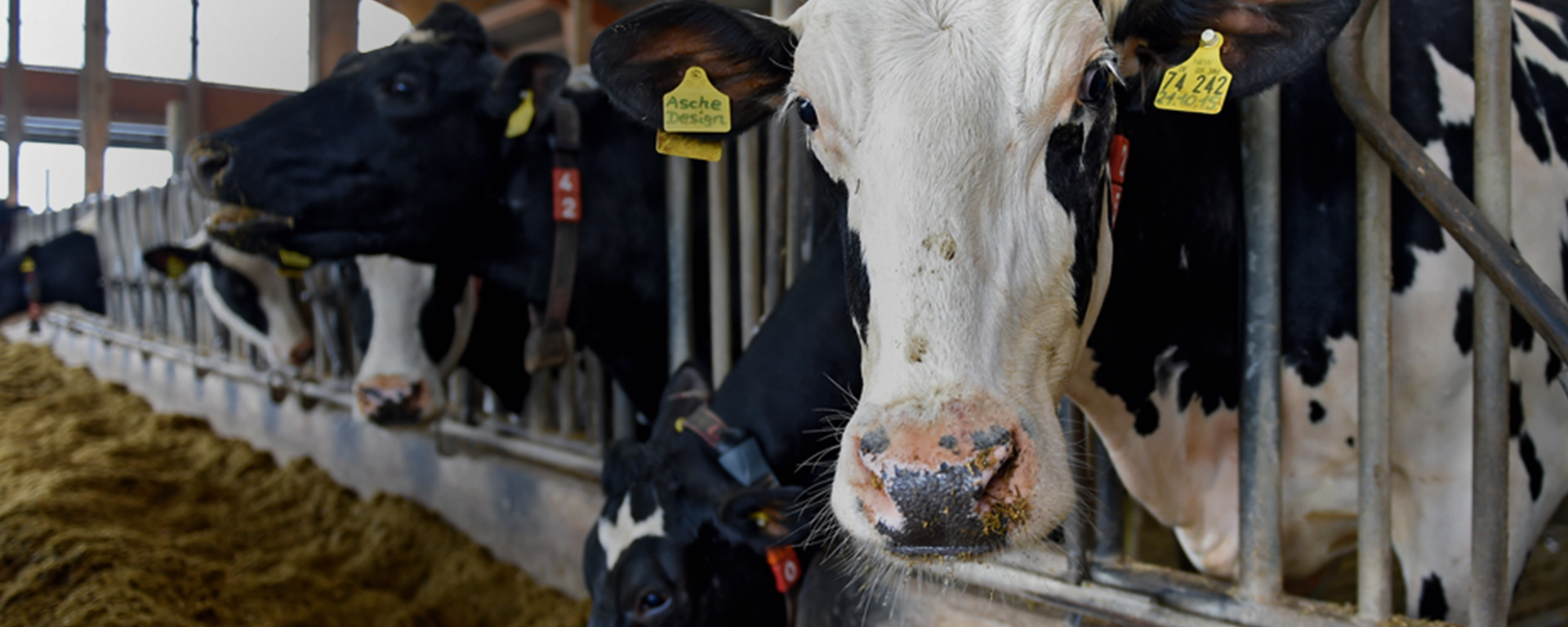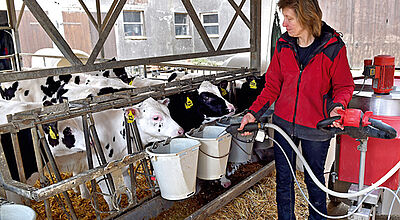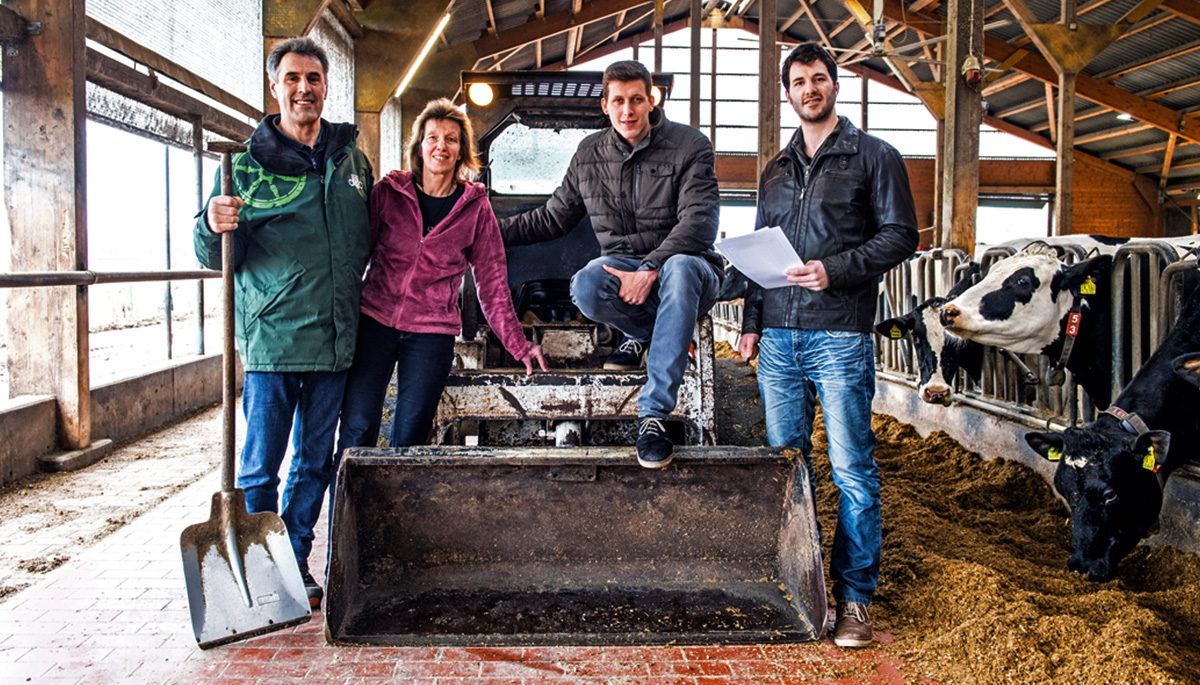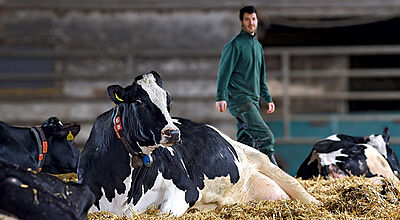Top Performance and Animal Well Being in the Same Stall



Up until about seven years ago, Christiane and Heinrich Nunnenkamp used to spend six hours each day working in their milking parlor. On top of training two apprentices and raising four children, it was an enormous burden. But that was a long time ago, says Christiane Nunnenkamp. “We totally revamped our farm management system and became a whole lot more efficient.’’ She’s been running a dairy farm with her husband Heinrich in northwest Germany’s East Westfalen region for 30 years near the towns of Minden and Lübeckke.
With 160 cows and 190 calves, the Nunnenkamp farm isn’t your typical German dairy operation, but it does prove that it’s possible to run a modern farm management system of this magnitude that gets more milk out of cows by improving their health and wellbeing.
This management approach has been around for years, and focuses on a more personalized division of labor. Each member of the Nunnenkamp family takes responsibility for their preferred areas: Christiane takes care mostly of milking and calves. Heinrich is responsible for robots, animal health and breeding. There are no longer any apprentices, because two Nunnenkamp sons formed a company two years ago. Dietrich and Christoph Nunnenkamp are primarily responsible for planning, IT, agriculture, caring for young stock and milking cows that have just calved.



“Because we are each working hard on those aspects of the job we love, it doesn’t feel like work,’’ says Christiane Nunnenkamp. Animal well-being is the top priority for the family. “When the cow feels better, she gives more milk and lives longer.’’ That of course makes economic sense. You won’t find any “turbo-cows’’ in her operation.
“Our animals are well fed and experienced ‘top athletes’ that perform at a high level throughout their lives,’’ she says. Among other measures, calves receive up to 10 liters of milk each day, and from the second week on, as much müsli as they want. “We make sure they don’t become sick in the first two years of their life, because those are the decisive years,’’ says Heinrich Nunnenkamp. The numbers speak for themselves: The herd’s average annual output over the last three years was 12,800 liters of milk.